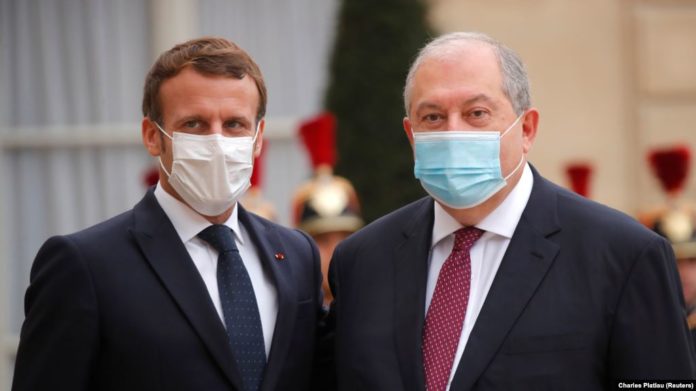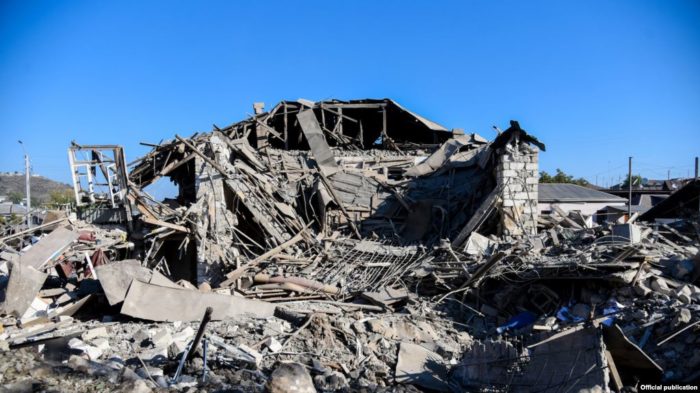WASHINGTON — On October 23, Foreign Minister of Armenia Zohrab Mnatsakanyan, who is on a working visit to the United States, met with US Secretary of State Mike Pompeo.
According to Armenia’s Ministry of Foreign Affairs, the main subject of the discussion was the situation in Artsakh resulting from the Azerbaijani large-scale aggression. Minister Mnatsakanyan informed the US Secretary of State about the war crimes committed by the Azerbaijani armed forces during the hostilities, which are manifested by the deliberate targeting of the civilian population of Artsakh, humiliating treatment of civilians and prisoners of war, beheadings and murders.
Pompeo expressed his condolences.
Mnatsakanyan highlighted that the Azerbaijani aggression is accompanied by the direct involvement of Turkey, which is manifested in its immediate military-technical support and transferring of foreign terrorist fighters to the region. According to Minister Mnatsakanyan, Azerbaijan’s decision to turn itself into Turkey’s zone of influence and a hotbed of international terrorism is a serious threat to regional security.
He added that the violation of the ceasefire agreements by Azerbaijan and the continuation of hostilities against the people of Artsakh once again demonstrate Azerbaijan’s goal of resolving the issue by military means.
Both sides reiterated the need for the immediate implementation of the agreements on cessation of hostilities in the Nagorno-Karabakh conflict zone, as well as the continuation of the peace process within the framework of the Organization for Security and Cooperation in Europe (OSCE) Minsk Group Co-Chairs.









